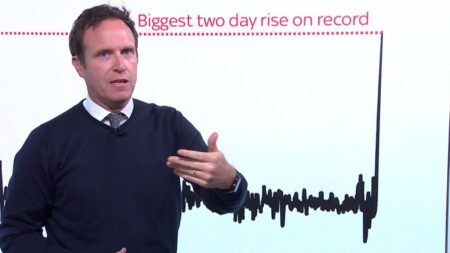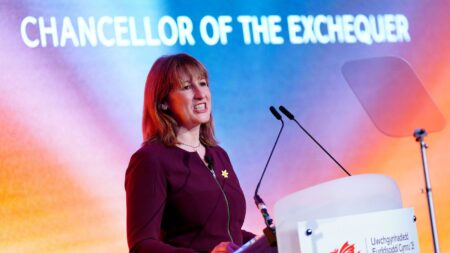A new study by New Zealand’s Financial Markets Authority (FMA) has found that most people in the country want high returns on their money, but very few are actually investing in ways that could give them those returns. Instead, almost 70% of Kiwis are sticking to savings accounts or everyday banking, avoiding the riskier options like stocks and funds.
The FMA surveyed 3,169 people and did in-depth interviews with 20 more. It showed that while 43% of New Zealanders say they want high returns from investments, only 30% are putting money into things like shares or exchange-traded funds. Most are choosing options that are safer but also bring lower returns.
KiwiSaver is the most popular investment tool. It is used by 72% of people, no matter how much they earn. This is because people are automatically signed up when they start working, and their employers also add money. The government helps too. Because it’s so easy, many people save this way without doing much themselves.
Other types of investment, like term deposits and PIE (Portfolio Investment Entity) funds, are not used as much. Only 31% of people use term deposits and just 13% use PIE funds, even though these often offer better returns than regular savings accounts.
The report also found that there is a big gap between what people say they want and what they actually do. Many people say they want to grow their money, but they do not always understand how investing works. Some don’t feel confident, while others simply fear losing money.
Money stress is also a big issue in New Zealand. One in six people say they are sinking financially. Another 44% say they are just getting by. Only 39% say they feel comfortable with their money. This stress affects how people save and invest. Younger people are more open to high returns, even if it means more risk. Older people, especially those over 65, want their money to be safe. Many of them move money from KiwiSaver into term deposits as they get closer to retirement.
People who earn more are more likely to aim for higher returns. Those who earn less than $50,000 a year are more focused on having access to their money quickly and knowing that it’s safe.
Even though most people want to learn how to manage their money better, many feel nervous talking about their finances. The study found that 42% of people do not feel comfortable speaking with experts about money. Trust is also a problem. Less than half of customers fully trust their bank to look out for them. Only 26% of people trust insurance companies to care about their financial well-being.
The FMA says this research is part of its larger Good Cents program. This program looks at how well people understand and handle their finances. The findings will help shape new rules and efforts to help New Zealanders become more confident and skilled with money. These steps are important as the FMA takes on new tasks under updated financial laws.
The study makes it clear that while New Zealanders want to grow their savings, fear, confusion, and lack of trust are stopping them. More simple advice, easier tools, and stronger support could help people make better financial choices.














